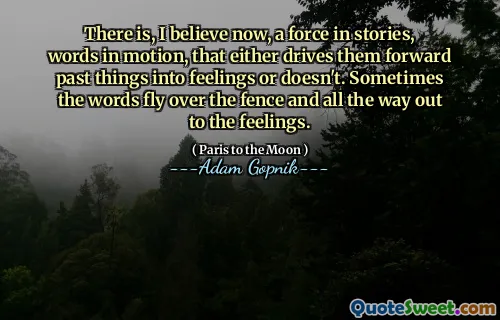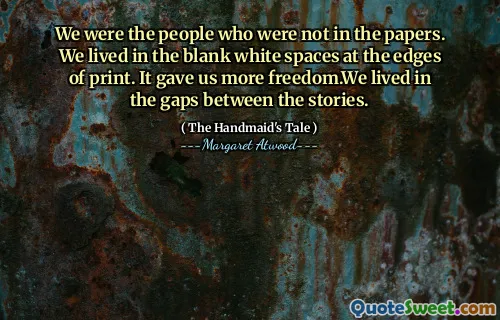Don't lies eventually lead to the truth? And don't all my stories, true or false, tend toward the same conclusion? Don't they all have the same meaning? So what does it matter whether they are true or false if, in both cases, they are significant of what I have been and what I am? Sometimes it is easier to see clearly into the liar than into the man who tells the truth. Truth, like light, blinds. Falsehood, on the contrary, is a beautiful twilight that enhances every object.
In Albert Camus' "The Fall," the narrative explores the intricate relationship between truth and falsehood. The protagonist suggests that lies ultimately reveal the underlying truth about one's identity and experiences. Whether a story is factual or fabricated, the essence and significance of the experiences depicted remain significant, serving as reflections of the storyteller's life. This perspective emphasizes that the distinction between truth and deception may be less important than the insights gained from both.
Furthermore, Camus touches on the nature of perception, indicating that while truth can often be blinding and harsh, falsehood can provide a comforting obscurity that allows for deeper understanding. The idea presented is that sometimes, it is easier to comprehend the motives and emotions behind a lie than to grasp the unfiltered reality presented by an honest account. Thus, the narrative raises philosophical questions about the value of truth and the role of storytelling in shaping our understanding of ourselves and the world.


